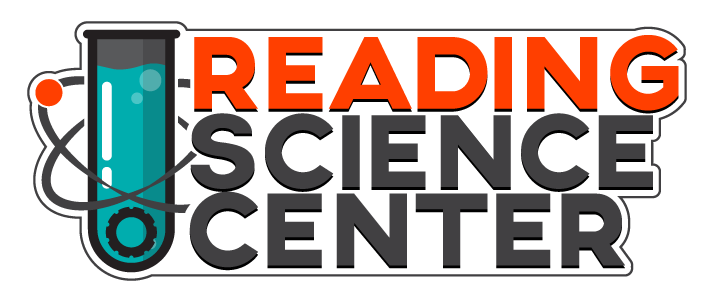Did you know salt can affect the density of water? Practice careful scientific measurements to discover how different amounts of water and salt can change whether or not an egg will float or sink in water!
Question
How does salt affect the buoyancy1 of an egg in water?
Materials
- 2 eggs
- Water
- Salt
- 2 tall glasses
What to Do
- Fill the first glass half way with water
- Carefully add an egg
- Fill the second glass with the same amount of water and add 6 – 10 tablespoons of salt and stir
- Carefully add the second egg
How are they different?
Can you figure out how to get the egg to float in the center of the glass?
Hint: think about using fresh and salt water in the same container
What is Happening?
This activity explores density – when dropping objects in liquids the more dense the object, the more likely it is to sink. When the egg was added to the fresh water, the egg was more dense than the water, so it sank to the bottom. However, when the egg was added to the salt water, the water was more dense so the egg floated to the top.
Activity add-ons:
What happens if the eggs are boiled?
What other liquids could you try?
What other objects could you try?
Does temperature have an effect?
1 – Buoyancy – the ability to float in air or liquid






